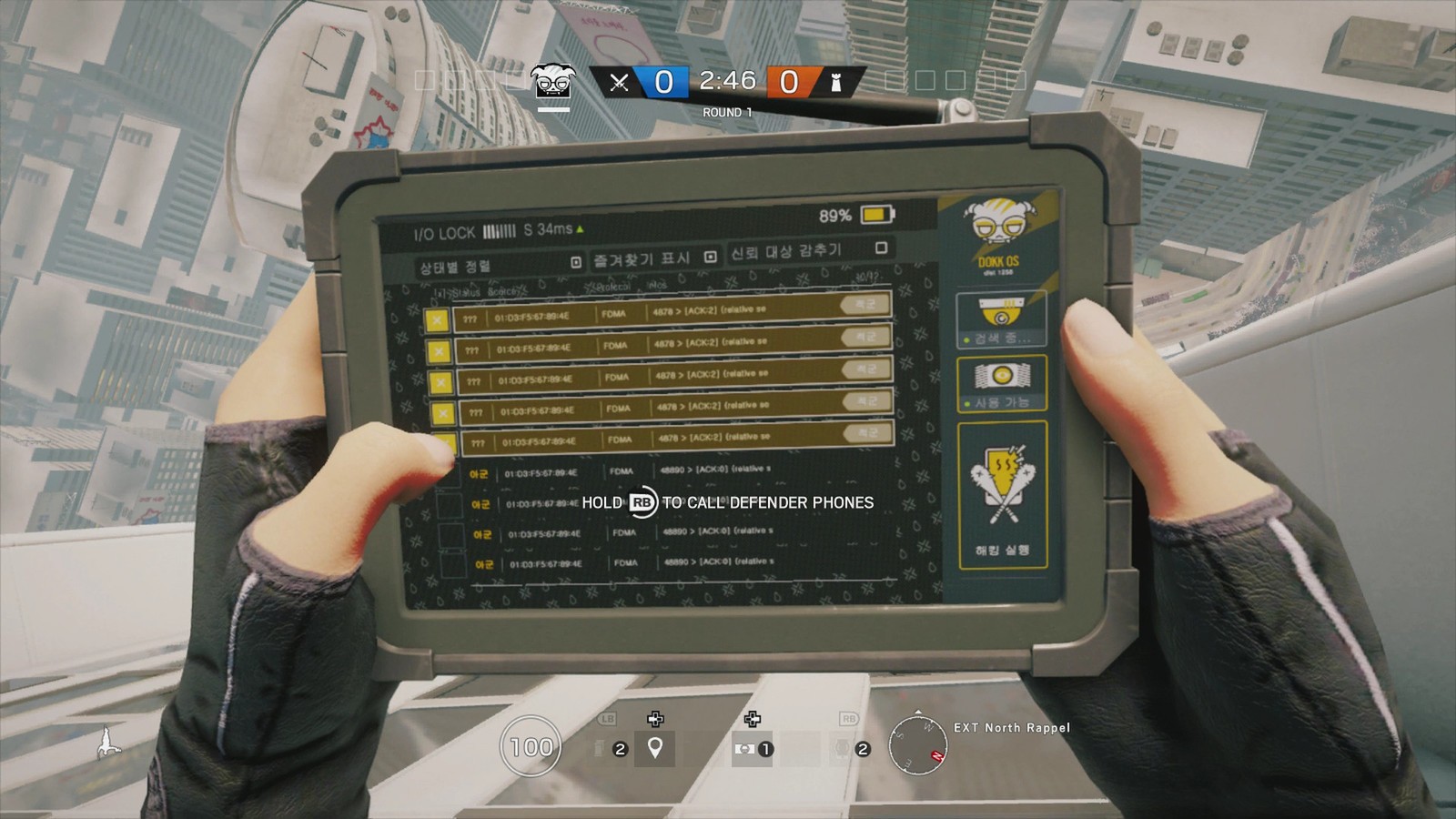Ubisoft lays out a plan to counter hackers in Rainbow Six Siege
Over 600 players using boosting services will be banned.

In response to a recent wave of new cheating tactics in Rainbow Six Siege, Ubisoft has laid out its plans to bolster their anti-cheat efforts moving forward. Most notably, following in the footsteps of CS:GO, plans are in the works to require two-factor authentication for all players wanting to play Ranked.
Reports of an increase in hackers and cheaters started boiling up in the community near the launch of Operation Para Bellum last month. Siege Youtubers complained that hackers were showing up more and more in high-ranked matches and exploiting the game in new ways, like defenders teleporting to the attacker spawn at the beginning of the round. Ubisoft had been made no public statement on the issue until today.
According to the devs, one unspecified exploit has been corrected today through a hotfix. They have also improved their “internal penetration testing efforts,” meaning they hope to be able to catch more exploits in the future before they are seen in-game.
Playing with a higher skilled player is not inherently a bannable boosting situation.Increasing your rank via playing with someone who is cheating is.July 6, 2018
On July 16, Ubi will launch a ban wave for about 600 players that it says have taken advantage of boosting services. Boosting refers to when players hire hackers to squad up with them to rank up. Rainbow Six Siege currently awards in-game weapon charms at the end of each season to players based on their rank. A few weeks ago, Ubi updated their official Code of Conduct to make boosting a bannable offense.
Other options are also being explored by the devs to increase match integrity and counter boosting, like limiting MMR disparity between squadmates in Ranked. This would mean a Bronze player potentially couldn’t play with their Platinum friend. Despite the inconvenience, many other competitive games like Overwatch already implement a similar system. The post also briefly touches on plans to improve the reporting options in-game, which are currently limited to a simple “report toxic behavior” button. Another option they’re looking at is to negate the MMR loss or gains in matches where a cheater was present.
No concrete date was given for any of these new security standards, but the two-factor authentication requirements are already in testing, so this might be the first change to reach players.
Keep up to date with the most important stories and the best deals, as picked by the PC Gamer team.

Morgan has been writing for PC Gamer since 2018, first as a freelancer and currently as a staff writer. He has also appeared on Polygon, Kotaku, Fanbyte, and PCGamesN. Before freelancing, he spent most of high school and all of college writing at small gaming sites that didn't pay him. He's very happy to have a real job now. Morgan is a beat writer following the latest and greatest shooters and the communities that play them. He also writes general news, reviews, features, the occasional guide, and bad jokes in Slack. Twist his arm, and he'll even write about a boring strategy game. Please don't, though.

